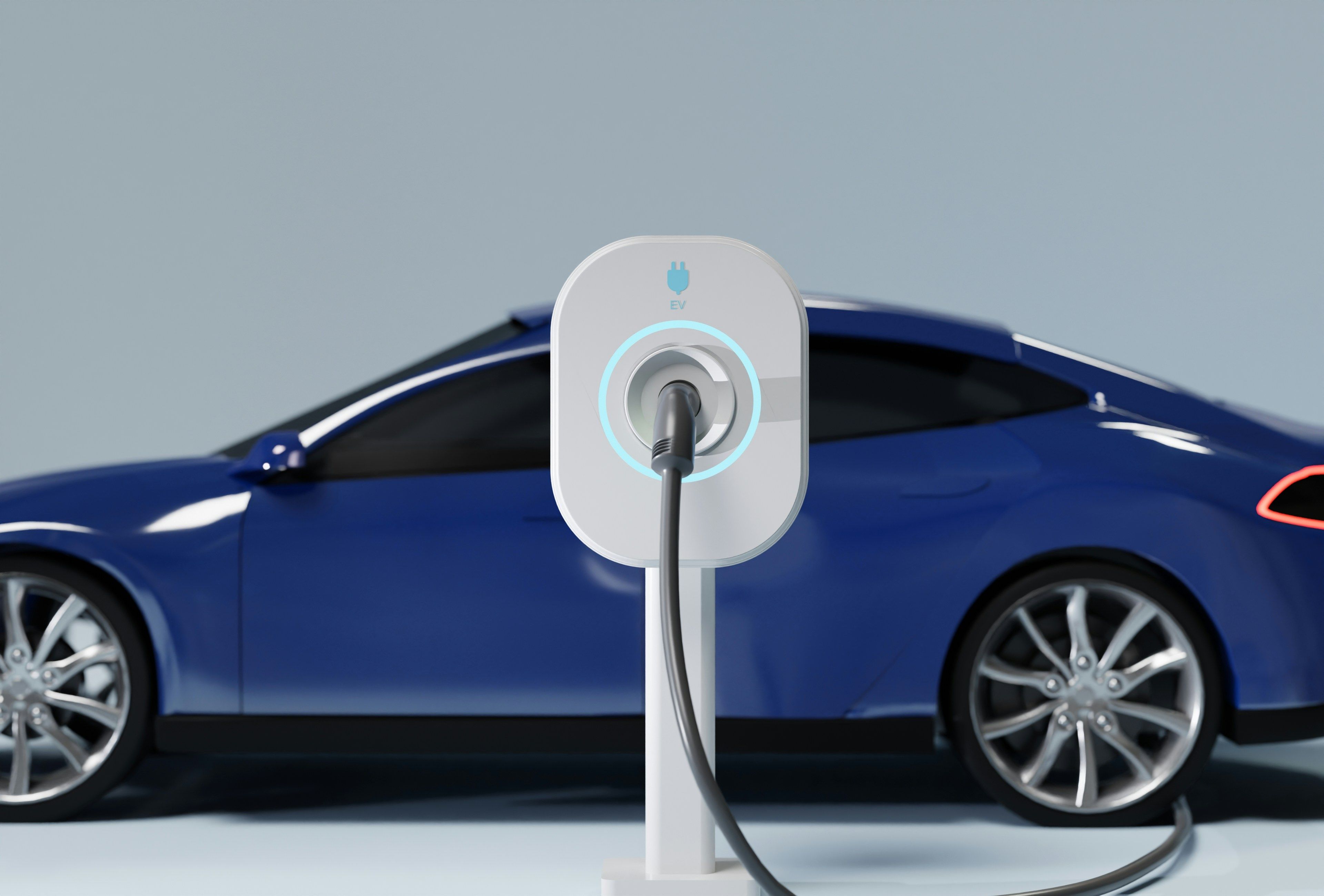Changes to Electric Vehicle Taxation
Starting in April 2025, the UK government will implement significant changes to electric vehicle taxation. After years of exemptions designed to encourage adoption, electric vehicles will join conventional combustion-engine cars in the Vehicle Excise Duty (VED) system. This policy shift comes as electric vehicles have gained substantial market share, with registrations now representing nearly one-fifth of new car sales in the UK.
The transition reflects both the government's need to maintain road taxation revenue as more drivers switch to electric and an acknowledgment that the EV market has matured beyond the need for complete tax exemption. Treasury analysis indicates that maintaining the current exemptions would create an increasingly unsustainable gap in road infrastructure funding as EV adoption continues to accelerate through the decade.
Summary of Changes
From April 2025, all zero-emission vehicles will enter the standard VED framework, though with some provisions that still acknowledge their environmental benefits. Newly registered electric vehicles will be subject to a reduced first-year rate of just £10, substantially lower than combustion vehicles which can face first-year charges of up to £2,365 depending on emissions.
After this initial year, owners will pay the standard annual VED rate, currently set at £195, for all subsequent years. This represents a significant new cost for EV owners who currently pay nothing for road tax.
For premium electric vehicles—those with a list price exceeding £40,000— an additional annual supplement of from April £425 for five years, on top of the standard rate. The Expensive Car Supplement will not be applied to zero-emission cars registered before 1 April 2025
The changes extend to company car taxation as well, with Benefit-in-Kind rates for electric vehicles scheduled to increase gradually through to April 2028, though they will remain more favourable than rates for combustion engine vehicles.
Impact on New Electric Vehicles
From April 2025, anyone purchasing a new electric vehicle should budget for:
- Initial VED payment of £10-£20 in the first year
- Annual payments of £195 thereafter
- Potential luxury vehicle supplement of £425 annually for higher-value models
This represents a significant change from the current zero-cost tax regime for electric vehicles, though new car tax rates remains slightly more favourable than the taxation of conventional vehicles with internal combustion engines.
Impacts on the Used Electric Vehicles
The taxation situation for pre-owned electric vehicles depends on their registration date:
- Electric vehicles registered before April 2025 will maintain tax exemption until April 2025
- Electric, zero or low emission cars registered between 1 March 2001 and 31 March 2017. These vehicles will move to the first band that has a VED value. This will be £20.
- After April 2025, these vehicles will transition to the standard £195 annual rate
- EVs registered before 1 April 2025 will NOT have to pay this surcharge, even if they cost more than £40,000 but there will be paying for the renewals.
This transitional arrangement may affect the second-hand market, potentially increasing the desirability of pre-April 2025 registered vehicles in the short term due to their tax-exempt status.
Understanding Your Vehicle's Tax Classification
Accurate information about your electric vehicle is essential for tax planning. When assessing any electric vehicle, particularly a used one, you should verify:
- The original registration date to determine applicable tax timelines
- The original list price to ascertain if the premium vehicle surcharge will apply
- The complete vehicle history to confirm all specifications
Planning for the 2025 Tax Changes
Electric vehicle owners can prepare for these changes by:
- Understanding their vehicle's exact tax classification
- Effectively extending their road tax exemption by 11 months if they were to re-tax in March 2025 so they'll be delaying payment until March 2026 when it'll need renewing again-potentially saving at least £195.
- Budgeting for annual tax costs beginning April 2025
- Considering timing for vehicle purchases or sales
- Obtaining comprehensive vehicle data for informed decision-making
If you're uncertain and want to learn more about your specific vehicle, EV Check Plus, for a full breakdown of applicable tax rates, battery health and 50+ other EV-specific datapoints.
Closing Thoughts
The introduction of taxation for electric vehicles in 2025 marks the end of an early-adoption incentive period and the beginning of a more standardised approach to vehicle taxation. By understanding these upcoming changes and having accurate information about your vehicle, you can make informed decisions about electric vehicle ownership.
This information is current as of February 2025, based on official announcements from HM Treasury, the Department for Transport, and the Office for Zero Emission Vehicles.
FAQs About Electric Car Tax in 2025
- Will my current electric car be taxed in 2025?
Registered between 1 April 2017 and 31 March 2025: You will pay the standard annual rate, which will be £195.
Registered on or after 1 April 2025: You will pay a first-year rate of £10, followed by the standard rate of £195 in subsequent years.
- How much will I save before the tax changes?
You'll save at least £195 annually until April 2025.
- Are any electric vehicles exempt from the new taxes?
No, all electric vehicles will become subject to VED.
- How much additional cost should I budget annually?
At least £195, with an additional £425 for premium vehicles.
- Will electric vehicles still have advantages over conventional vehicles?
Yes, running costs remain lower, and company car tax rates remain favourable compared to combustion engines.
For a detailed assessment of your electric vehicle's status and Electric Vehicle History, consider our comprehensive EV Check Plus service.
